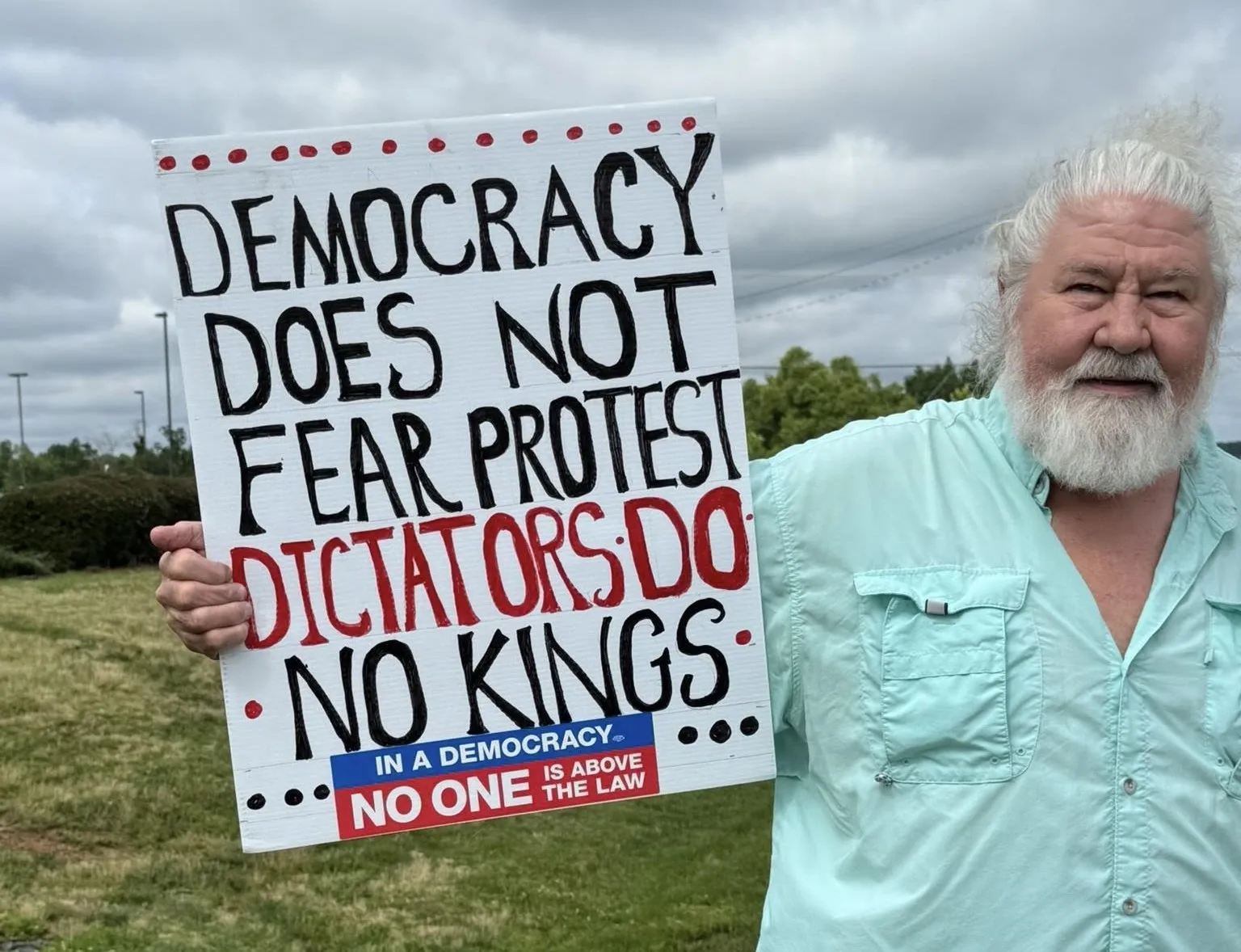THE OPIOID EPIDEMIC: Project First Step slows to a crawl
Published 6:03 pm Friday, November 16, 2018
Efforts to launch Project First Step for law enforcement to help stave off an escalating opioid crisis have been reduced to a crawl.
Last fall about 100 county stakeholders gathered to hear about a plan to combat drug addiction and curb a growing opioid crisis. Two local police chiefs spearheaded the effort to model Project First Step after another law enforcement model that provides drug addicts amnesty in exchange for a commitment to treatment.
One year later those police departments, Oakboro and Norwood, are the only ones providing addicts the guaranteed protection against drug charges. In return, the departments assist the surrendered addicts by getting them help so they can break their addiction.
It’s an unusual methodology, specifically for law enforcement trained to enforce laws with drug seizures and arrests instead of social work and intervention.
“You can’t arrest your way out of this,” said Oakboro police Chief T.J. Smith, recalling the words of a law enforcement leader at a conference on the opioid problem.
Meanwhile, the opioid crisis continues to escalate. Stanly County has led the state four consecutive months in opioid-related overdoses. Although the latest figures are not yet available, early projections hint Stanly could soon notch the distinction for a fifth consecutive month.
About four addicts have since surrendered at the police departments of Oakboro and Norwood, respectively. In those cases, addicts turned in drug paraphernalia, even leftover drugs. Mostly, they sought help at getting to the appropriate facility.
Therein lies part of the problem for Stanly, since the county lacks facilities for both detoxification and drug treatment.
“The biggest challenge is being able to provide the resources to the people so they can get the help they need,” said James Wilson, police chief for Norwood.
Smith and Wilson have discovered firsthand the hurdles of trying to help addicts when the county lacks the necessary facilities. Both have relied on Chris Drye of 33 Recovery with finding destinations for those seeking help.
Drye, a recovering addict and former police officer, not only finds them help but understands personally what the abusers are experiencing with their addiction.
“I have to take everybody out of county for help,” Drye said.
“I’m not running out of people to help; I’m running out of resources,” he added.
Because the opioid crisis is worsening across the state, more facilities are turning to waiting lists, Drye said.
At times, he transports addicts out of state.
In a recent situation, Drye said he took an addict to the local hospital and had them tell staff they were suicidal just for the benefit of a safe place with access to care.
A lack of health insurance for the overwhelming majority of addicts only compounds a desperate situation.
Project First Step mirrors HOPE Initiative, a collaborative program developed by the town manager and police chief in Nashville, N.C. Thomas Bashore, the small town’s police chief, was one of the speakers at last year’s stakeholder gathering in Norwood.
Bashore detailed how law enforcement must adjust its approach at fighting the state’s opioid epidemic. He’s been touring the state explaining to agencies how they can help.
More police officers are becoming receptive to a new role in the interest of saving lives. But Bashore has also found departments getting bogged down in what he calls “planning paralysis.”
“Other cops are the best to get other departments on board,” Bashore said.
In 2016, Nashville’s first year with the program, roughly 100 addicts surrendered in exchange for help. It doubled the followed year. Since the program’s inception, they have assisted 440, Bashore said.
Unlike Stanly County, Nashville benefited from greater access to resources. The town is within 10 miles of a detox facility and others within a 40-minute drive, Bashore added.
By all accounts, Stanly has befallen “planning paralysis,” or bogging down from inaction.
According to Jennifer Layton, human services program specialist for the Stanly County Department of Public Health, Project First Step has stalled due to a lack of concerted focus.
She warns building facilities requires long-term planning when the county’s state of addiction and overdose warrants urgent attention.
“We can’t wait three to five years to build a detox facility,” Layton said. “People will be dying in the wake.”
More efforts at education could benefit a community where law-abiding citizens tend to balk at the thought of using taxpayer funds to help those abusing drugs and breaking the law.
Law enforcement professionals required the same attitude adjustment before buying into an amnesty program.
“Stigma is always a tough hurdle,” Bashore said.
Nashville formed a speakers bureau, consisting of police, social workers, paramedics and an addict in recovery, he added.
“We went to all the civic groups, church groups and any other group that would listen to us,” Bashore said.
Part of Stanly’s problem with few resources relates to funding. As a rural county with a high rate of poverty, funding has long been problematic for a number of initiatives.
In recent weeks, however, more funding has funneled into Stanly aimed at its opioid crisis. Both Monarch and the health department have been funding recipients.
Plans are afoot for Monarch to expand its mental health and addiction services locally.
The health department is distributing naloxone, or narcan, a medication designed to rapidly reverse opioid overdose.
Layton admits naloxone is not a solution.
“It is merely a tool to keep people safe until they can access care,” she said.
Meanwhile, Smith and Wilson remain hopeful Project First Step will regain traction.
“All we’re trying to do is create a systematic step to help someone,” Smith said.





